The recent breakthrough in nuclear fusion at a U.S. laboratory has sent ripples through the scientific community, marking a significant milestone in the decades-long pursuit of harnessing the power of the stars. Researchers at the National Ignition Facility (NIF) in California have achieved a net energy gain from a fusion reaction for the second time, surpassing their previous record and reinforcing the potential of fusion as a clean, virtually limitless energy source.
The latest experiment, conducted in late July, produced an output of 3.5 megajoules of energy from a laser input of 2.1 megajoules—a yield roughly 1.7 times the energy invested. This follows December 2022’s historic first-ever net energy gain, where the team generated 3.15 megajoules from 2.05 megajoules of laser energy. While the increase may seem incremental, the reproducibility of the result is a critical step toward proving that fusion can be a practical energy solution.
Nuclear fusion, the process that powers the sun and stars, involves fusing light atomic nuclei—typically isotopes of hydrogen—under extreme heat and pressure to form heavier elements, releasing vast amounts of energy in the process. Unlike nuclear fission, which splits atoms and produces long-lived radioactive waste, fusion offers a cleaner alternative with minimal environmental impact. However, recreating the conditions necessary for sustained fusion on Earth has been an enormous technical challenge, requiring temperatures exceeding 100 million degrees Celsius and precise confinement of the superheated plasma.
The NIF’s approach, known as inertial confinement fusion, uses an array of 192 high-powered lasers to bombard a tiny pellet of deuterium and tritium (hydrogen isotopes) encased in a diamond shell. The lasers generate X-rays that compress the fuel to densities and temperatures high enough to trigger fusion. While the facility’s primary mission is to study nuclear weapons physics, its success in achieving ignition—the point where the fusion reaction becomes self-sustaining—has profound implications for energy research.
Skeptics have pointed out that the NIF’s achievements, while groundbreaking, are still far from a commercial fusion reactor. The facility’s lasers require about 300 megajoules of electrical energy to deliver the 2.1 megajoules of ultraviolet light used in the experiment, meaning the overall system remains energy-negative. Moreover, the NIF can perform only a few shots per day, whereas a power plant would need to ignite fusion capsules several times per second continuously. Scaling the technology to a practical level will require breakthroughs in laser efficiency, fuel target production, and heat capture.
Despite these hurdles, the repeated success at achieving net energy gain has bolstered optimism. Private fusion companies and international projects like ITER (a massive tokamak under construction in France) are exploring alternative approaches, such as magnetic confinement, to overcome the limitations of inertial confinement. The NIF’s results provide valuable data that could accelerate progress across the field, informing designs for future pilot plants.
The Biden administration has earmarked significant funding for fusion research, including a $46 million initiative to support private-sector ventures. Meanwhile, countries like China and the U.K. are ramping up their own fusion programs, signaling a growing global race to commercialize the technology. Analysts suggest that while fusion power grids remain decades away, the recent advances could shorten timelines and attract further investment.
Beyond energy production, the NIF’s work has implications for astrophysics and materials science. The extreme conditions created during fusion experiments mimic those in stellar cores and supernovae, offering insights into cosmic phenomena. Additionally, the techniques developed to handle high-energy plasmas and radiation could find applications in other high-tech industries.
Critics argue that the focus on fusion distracts from more immediate climate solutions like renewables and fission. However, proponents counter that fusion’s potential to provide baseload power without carbon emissions or meltdown risks makes it indispensable for a sustainable future. The debate underscores the need for a diversified energy strategy while fusion research continues to advance.
For now, the NIF’s team is focused on refining their methods to achieve higher yields and better understand the physics of ignition. Each experiment brings them closer to unlocking what many consider the holy grail of energy—a feat that could redefine humanity’s relationship with power generation. As one researcher put it, "We’re not just breaking records; we’re breaking barriers to a new energy era."

By Victoria Gonzalez/Apr 10, 2025

By Joshua Howard/Apr 10, 2025

By Noah Bell/Apr 10, 2025

By Emily Johnson/Apr 10, 2025

By Eric Ward/Apr 10, 2025

By Megan Clark/Apr 10, 2025
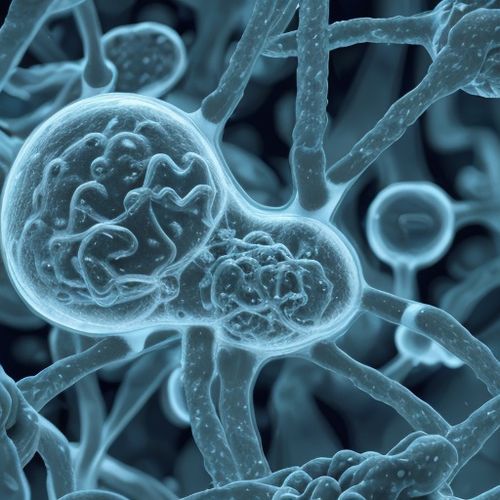
By Samuel Cooper/Apr 10, 2025

By Daniel Scott/Apr 10, 2025
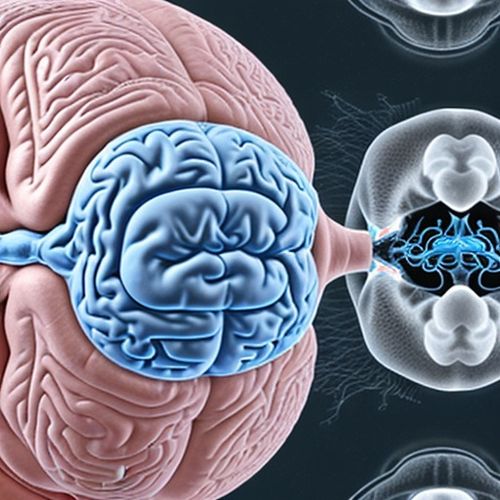
By Emma Thompson/Apr 10, 2025

By Rebecca Stewart/Apr 10, 2025
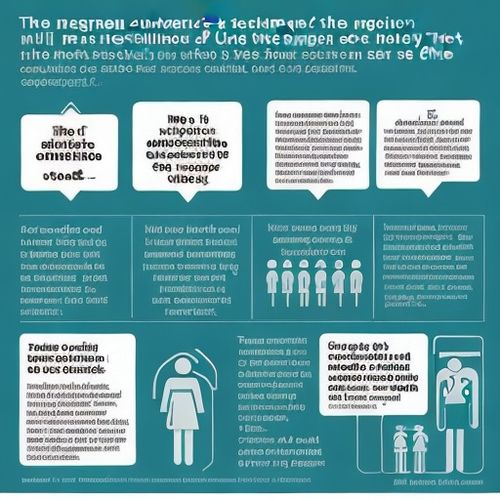
By Lily Simpson/Apr 10, 2025
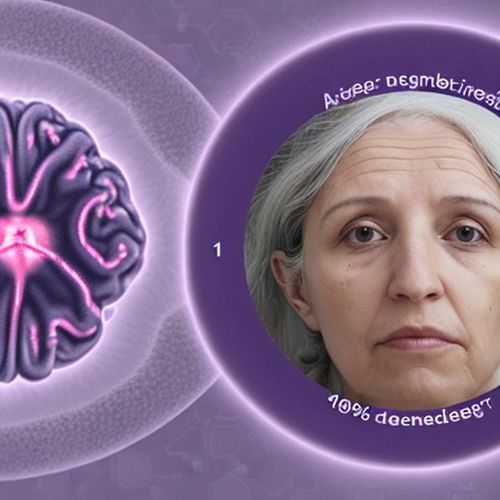
By John Smith/Apr 10, 2025

By John Smith/Apr 10, 2025
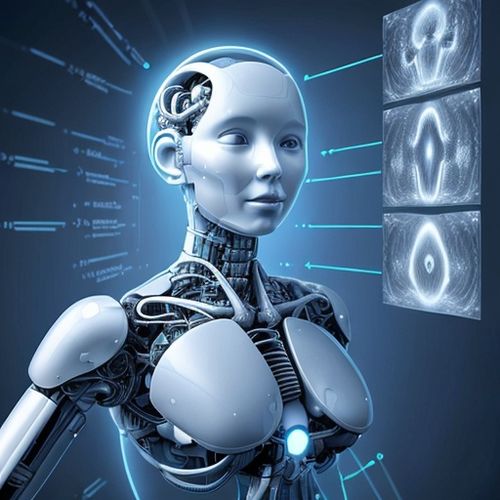
By Samuel Cooper/Apr 10, 2025

By John Smith/Apr 10, 2025
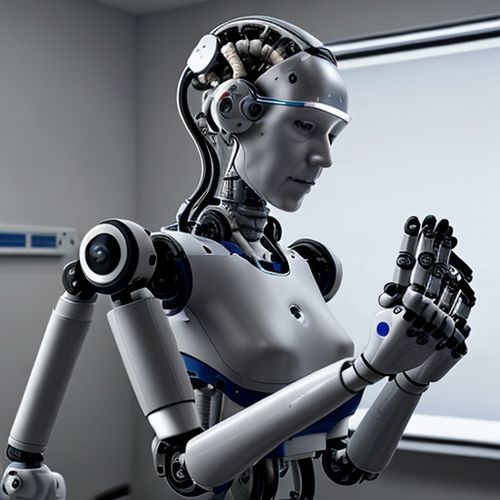
By Rebecca Stewart/Apr 10, 2025

By Joshua Howard/Apr 10, 2025